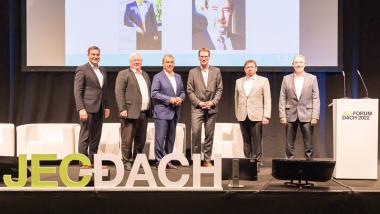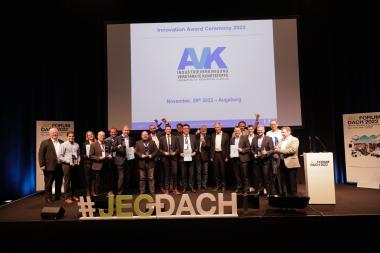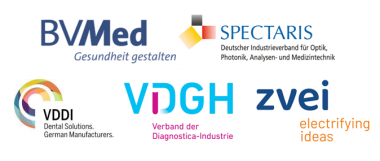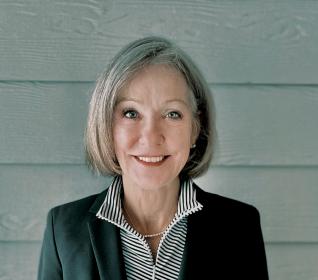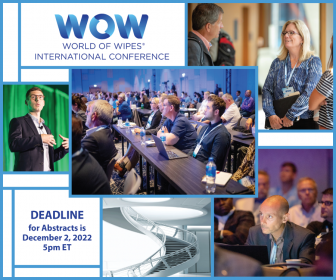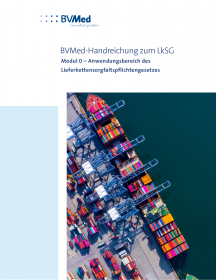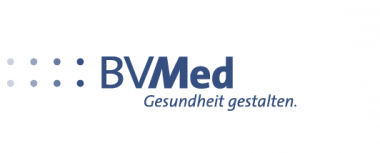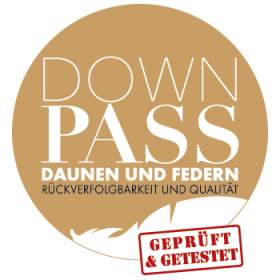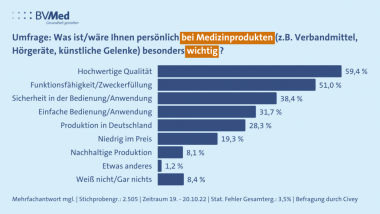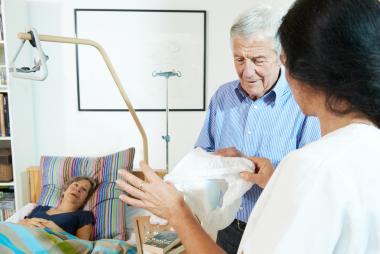Bevölkerungsumfrage: Nur 10 Prozent der Deutschen wechseln Masken nach jedem Gebrauch
BVMed: „Masken müssen korrekt angewendet werden“
Nur 10 Prozent der Deutschen wechseln ihre FFP2-Maske nach jedem Gebrauch. 9 Prozent der Bevölkerung wechseln die Maske so selten wie möglich, über 18 Prozent tragen überhaupt keine Maske. Das ergab eine repräsentative Befragung des Meinungsforschungsunternehmens Civey im Auftrag des Bundesverbandes Medizintechnologie (BVMed). 2.500 Personen wurden zwischen dem 28. und 29. November 2022 befragt. Die Ergebnisse sind repräsentativ für die Einwohner Deutschlands ab 18 Jahren. Der statistische Fehler der Gesamtergebnisse liegt bei 3,3 Prozent.
„Medizinische Masken schützen bei richtiger Anwendung sehr gut vor Infektionen. Wichtig ist, die Hinweise der Profis zum richtigen Umgang mit Masken und die Hygieneregeln zu beachten“, kommentiert BVMed-Geschäftsführer und Vorstandsmitglied Dr. Marc-Pierre Möll.
In Teilen des öffentlichen Raumes gilt weiterhin die Pflicht zum Tragen einer medizinischen bzw. einer FFP2-Maske. Nach der BVMed-Umfrage sind die häufigsten Wechselgründe: Wenn die Maske verschmutzt ist (50,8 Prozent), kaputt gegangen ist (41,3 Prozent), schlecht riecht bzw. unhygienisch ist (37,0 Prozent) oder wenn die Maske durchfeuchtet ist (35,6 Prozent).
Unterschieden werden OP-Masken bzw. medizinische Masken (Mund-Nasen-Schutz) und Atemschutzmasken.
- OP-Masken dienen vor allem dem Schutz der Umgebung vor Keimen, die Träger:innen beispielsweise durch Atmen oder Niesen verteilen könnte.
- Atemschutzmasken hingegen dienen dem Schutz der Träger:innen vor Viren. Bei den Atemschutzmasken gibt es wiederum verschiedene Gruppen. Zum Schutz vor Viren und Mikroorganismen sind grundsätzlich Masken mit einem Partikelfilter geeignet. Dazu zählen unter anderem sogenannte Partikelfiltrierende Halbmasken, besser bekannt als FFP-Masken.
Genutzt werden von den Menschen aktuell vor allem FFP2-Masken. Sie sind nur dann wirksam, wenn sie korrekt angelegt werden.
- Vor dem Aufsetzen der Maske sollten die Hände gründlich mit Wasser und Seife oder einem geeigneten Desinfektionsmittel gereinigt werden.
- Die Maske muss gemäß der ihr beiliegenden Anleitung aufgesetzt werden. Sie muss Mund und Nase vollständig abdecken.
- Es muss sichergestellt sein, dass keine Lücken zwischen Gesicht und Maske vorhanden sind.
- FFP2-Masken sollten grundsätzlich nicht mehrfach verwendet werden, da es sich i.d.R. um Einmalprodukte handelt.
BVMed | Bundesverband Medizintechnologie e.V.






